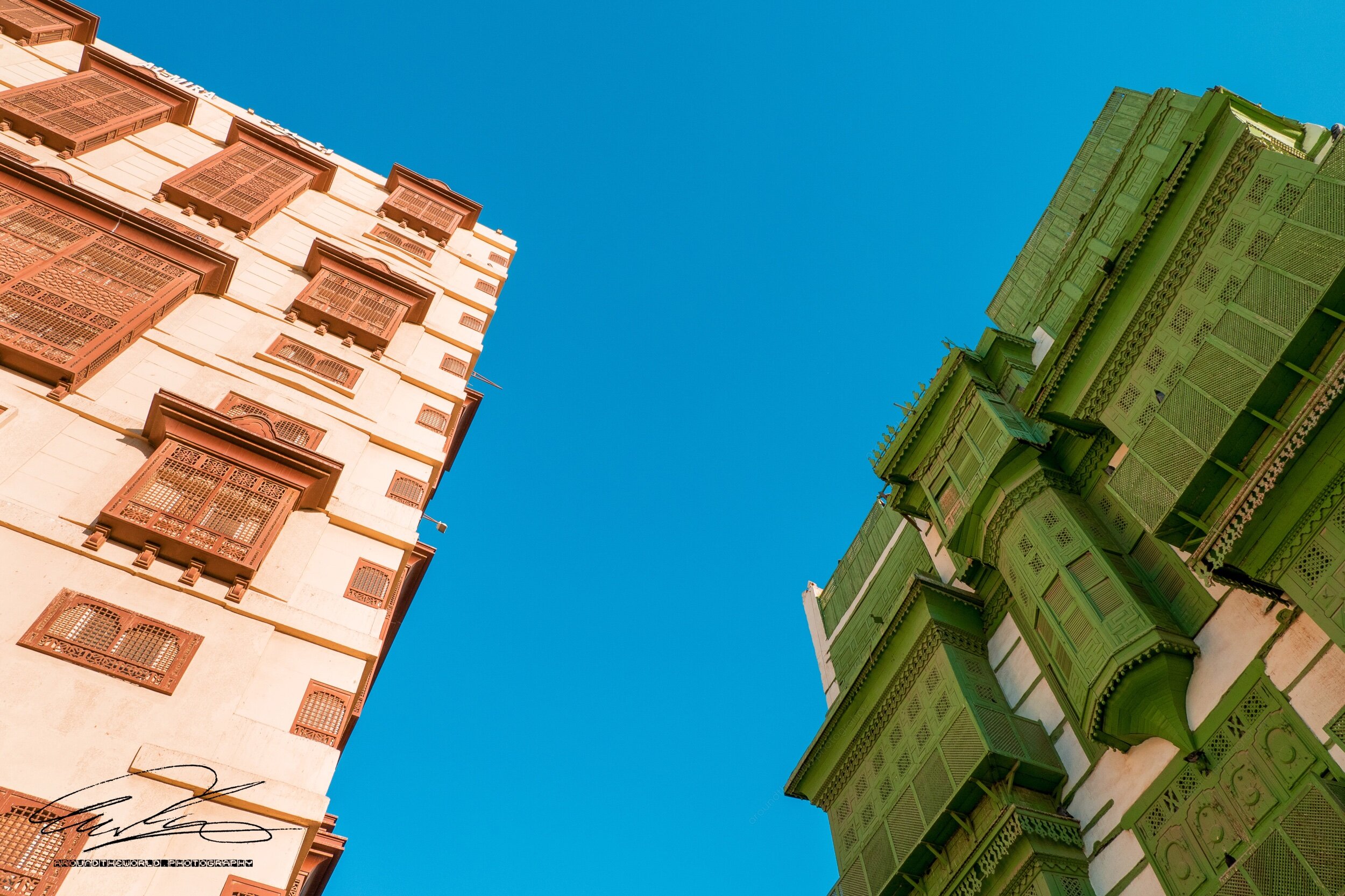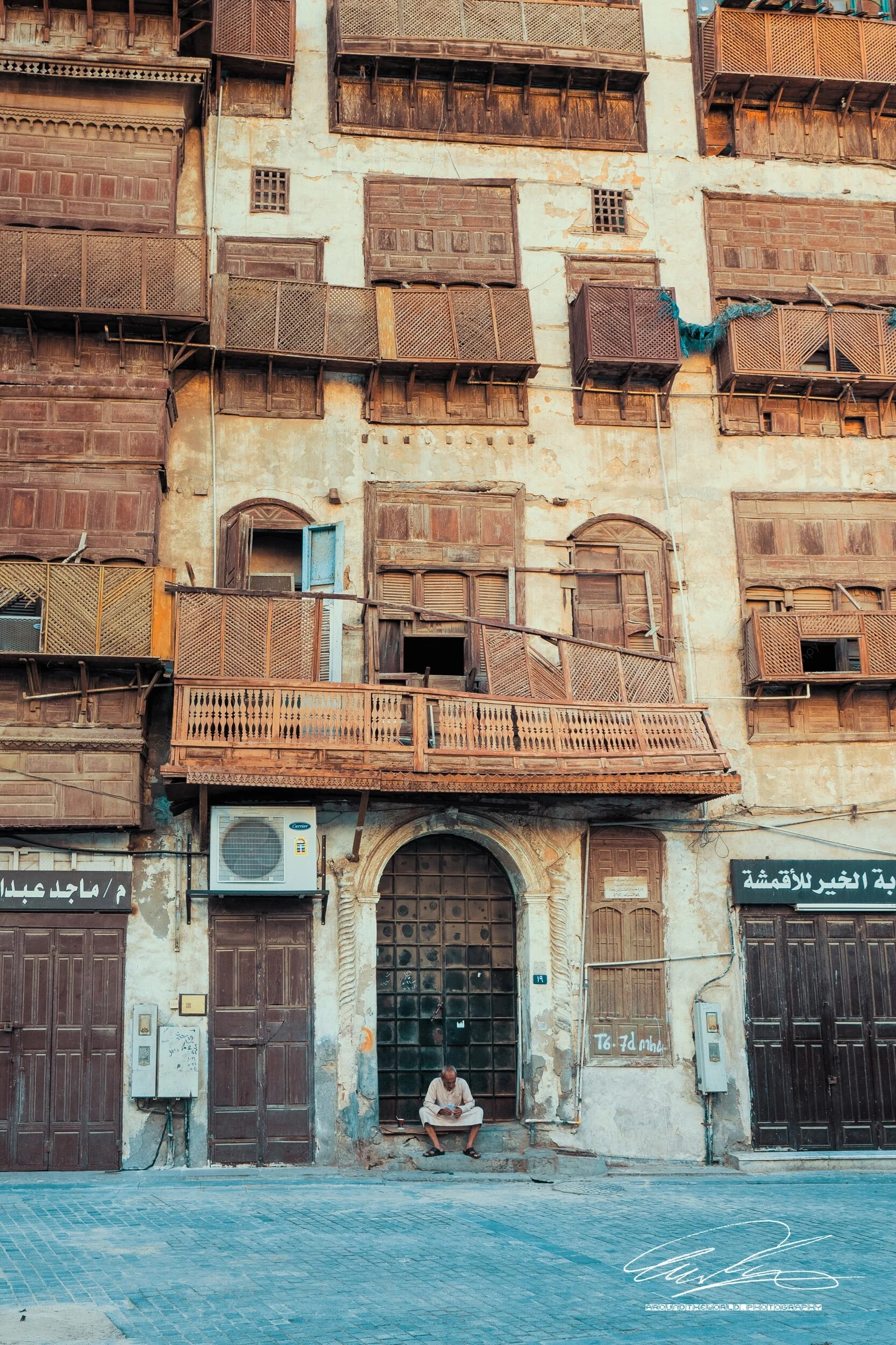Jeddah
Jeddah, Saudi Arabia. With a population of 4 million people, Jeddah is the largest city in the Hejaz region. As the principal gateway to Makkah, the holiest city in Islam, millions of Hajj and Umrah pilgrims arrive at the city’s airport every year. Apart from the religious importance, it is also the country's commercial center, featuring the second-largest seaport in the Middle East, and a leading hub for capital investment in engineering and the sciences within the Arab world.
While the city is renowned within the Muslim world, Jeddah is known to few in the Western hemisphere.
However, this is about to change.
Salaam ‘alaykum, Tourists!
With Saudi Arabia’s attempt to reduce the Kingdom’s dependence on oil, Crown Prince Mohammad bin Salman is opening the country step-by-step to cultural tourism. Saudi Arabia has begun to issue new visas-on-arrival and has invested in a new high speed rail network across the country. Furthermore they have recently completed one of the world’s largest terminal buildings at Jeddah’s King Abdulaziz Airport and paved the way with religious leaders to usher in a new era of change.
Already, Jeddah features the world’s tallest flagpole, as well as the tallest fountain in the world. And soon, the tallest man-made structure on the planet will call Jeddah its home. The 1 kilometer high Jeddah Tower, currently under construction, will outstrip Dubai’s Burj Khalifa by almost 200 meters.
”Jeddah Ghair”: Jeddah is different
The craze for all things big is not the only focus of Saudi Arabia’s Vision 2030 project. In recent years, the historic city center of Jeddah, Al-Balad, has been renovated and restored. The preservation of the 500-year-old coral houses has earned it the designation of UNESCO World Heritage Site, although there are still 450 buildings that need reparation.
Alongside the centuries-old structures, the streets of Al-Balad are packed with so-called Khan’s, small traditional stores, and different kind of Souks, typical street markets. Today, these (restored and not yet restored) streets form a quintessential representation of the unique Arab cultural heritage.
“Since 2008 I have regularly travelled to Saudi Arabia and during this time I have seen the country’s changes with my own eyes. Nowadays, women can be found working at hotel receptions, with both genders now able to share the same room in a restaurant. Moreover, there has been a curbing of the powers of the infamous Saudi religious police, the absence of which sees young girls without Hijabs spending time freely in cafés across the nation, something unthinkable only ten years ago.
In spite of recent developments, it should be noted that Jeddah is still no Dubai! Although Jeddah has always been the most liberal city in Saudi Arabia, religion still has much to say in the daily lives of ordinary Jeddawis.
All-in-all, if you are looking for an authentic and safe Middle East experience, Jeddah should be next on your list of travel plans.”
G A L L E R Y
© 2020


































